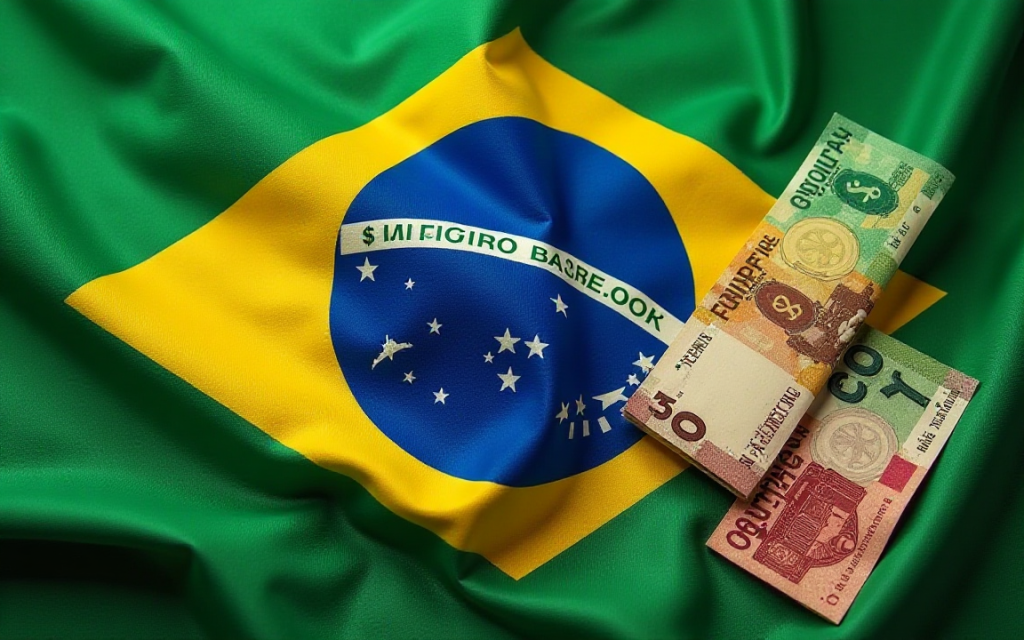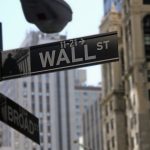Brazil’s financial markets experienced a shaky opening on Thursday after US President Donald Trump unexpectedly raised new tariffs on Brazilian exports to 50%, compared to the 10% level he had earlier proposed.
According to Reuters, the decision reverberated through financial circles, triggering the largest currency tumult in months, as well as spooking investors from several asset classes.
On Wednesday, the Brazilian real fell as much as 2.8%, its largest single-day decline this year. Fear gauges on currency volatility shot up, with some reaching their highest levels since the “Liberation Day” market panic of late April two years ago, suggesting that traders have become more uncertain and risk-averse.
That reaction extended into US premarket trading, sending big Brazil-linked stocks sharply lower. Itau Unibanco fell 2.7%, Banco Santander 2.4% and Petrobras, the oil giant controlled by the Brazilian government, dropped almost 1%.
The falls suggest widespread investor concern that the disputes between the two countries could last well into the future.
Policy uncertainty poses a threat to bond and equity gains
Bond traders were also braced for market volatility. Brazil’s debt has been one of the best-performing assets in developing markets this year, thanks to a surge in both dollar-denominated and local currency bonds.
International bonds had returned about 8%, while real-denominated bonds had risen 20%, boosted by a strengthening real and a good global mood toward Brazilian assets.
Brazil’s equities had also performed well, with MSCI’s dollar-based Brazil index up over 25% by 2025. The 13% gain in the real contributed significantly to higher returns for international investors.
But with the current tariff announcement throwing a pall over trade and development expectations, those gains could be jeopardized.
The catalyst for the drastic policy shift remains politically fraught.
Trump’s explanation is based on displeasure with court issues involving right-wing former Brazilian President Jair Bolsonaro, as well as regulatory efforts aimed at US social media corporations.
Limited economic hit, but political fallout looms
Even though the headline tariff increase is large, analysts say it will have only a limited direct economic effect.
Approximately 1% of Brazil’s GDP is made up of exports, of which just over 10% go to the US. However, the bigger implications might be in politics, especially ahead of Brazil’s 2026 presidential election.
Some experts are also concerned that US trade pressure may allow Brazilian President Luiz Inácio Lula da Silva to use it as a tool to stand up to foreign influence, resulting in a more hardline stance that will make diplomatic de-escalation difficult.
Increasing economic nationalism could make next year’s talks more difficult and could further aggravate markets in the months to come.
On Monday, Trump threatened a blanket 10% tariff on the whole BRICS group that he called “anti-American,” but decided against doing so on Wednesday.
The United States may not be immune to the tariff fallout. Brazil is a major supplier of agricultural products such as coffee and orange juice.
Brazil accounts for almost one-third of all coffee consumed in the United States, as well as more than half of all orange juice imported into the country.
Higher tariffs may result in higher food and beverage prices for American consumers, adding a domestic political dimension.
The post Brazilian markets reel after Trump slaps surprise 50% tariff appeared first on Invezz



